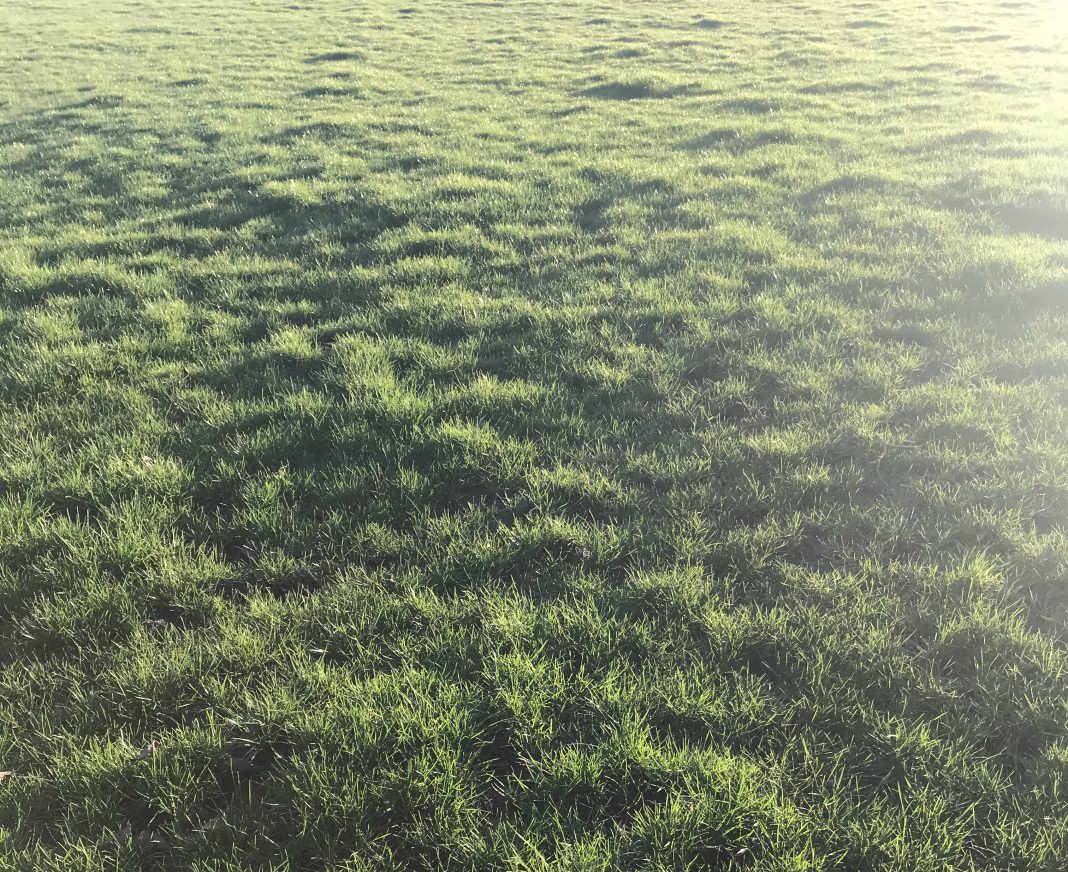We have just had a mild January and if this is a result of global warming there are some positives we can see. Grass has been growing (some people have even been mowing their lawns), sucking up carbon when trees have lost their leaves are dormant. We have also used less energy to heat our homes, so global warming is not all doom and gloom.
Farmers are holding a mass rally in central London on March 25, but this not a protest or a blockade it’s to engage with the government, MPs and the public on climate change and food security.
Now we are out of Europe the government is going to need to fund farmers for farming for the public good.
I stated last month in Rye News that 98% households bought red meat last year (Agriculture and Horticulture Development Board) and in a comment it was pointed out that 91% of households bought red meat weekly.
The difference between yearly and weekly mainly reflects households living in food poverty and who cannot buy red meat regularly. They are also frequent customers of the Food Banks. Rye News has run several stories on the food bank.
The farming community is developing alternative farming techniques in response to environmentally conscious consumers, one being vertical farms for crops that are normally grown in soil. These can now be grown in large buildings with hydroponic systems that use rockwool as a base instead of soil, the plants being fed nutrients through water.
Vertical farms and hydroponics have been around for decades, but recently the technology has greatly improved helped by a drop in the price of LED lighting and more efficient solar panels plus smart technology. There are many more cutting-edge technologies that could change farming methods.
Rising sea levels (estimated to be one metre by the end of the century) and more heavy rainfall could impact on Rye and Romney Marsh, but it does not need high-tech to manage it. Better sea defences and improved drainage with more and larger pumps would be a start.
Hydrogen has the potential to revolutionise heat and transport, as has the electrification of cars, heavy goods vehicles (HGV), farm tractors, construction plant and trains. This could mean trebling the size of the power grid.
It is not the farmer, meat eaters or car drivers that are the climate enemy, but rather carbon and other greenhouse gases.
The best weapon we have to fight climate change is technology.
Image Credits: Dennis Leeds-George .




Wow, where to begin? I appreciate Dennis Leeds-George is voicing his opinion, but there are so many factual errors in this article – I am not going to pick up on all of them here, as it will take too long.
For a start, the Environment Agency has just stated that on Sunday there were the most flood warnings and alerts in force (594) in England than any other day on record. Many thousands of people in the UK have seen their homes and businesses flooded, there have been landslides, tree falls, road and rail blockages. I wonder whether the people affected see the so-called ‘positives’ of climate change? In any event, climate change should not and cannot be viewed through the narrow prism of the ‘here and now’. It is a global phenomenon and the effects will become only ever more apparent over time. January 2020 was the warmest on record globally, with the top four having occurred since 2016 and the top ten since 2002. This is absolutely a cause for concern and nothing to celebrate. The notion of climate justice is important here too, as it is often those who have not contributed to the problem who are worst affected and vice versa. Disadvantaged groups will continue to be disproportionately impacted as climate change persists.
The agricultural sector in the UK has not done nearly enough to prevent climate change and the loss of biodiversity. The UK has seen a decrease in insects of 50% over the last 15 years, mainly due to unsustainable methods of farming. There has been no progress in reducing emissions from agriculture since 2008. Methane accounted for 56% of emissions from agriculture in 2017, and almost half (47%) of total agriculture emissions were from the digestive process of livestock, primarily ruminants such as cows and sheep.
It is the conclusion of the article stating that ‘It is not the farmer, meat eaters or car drivers that are the climate enemy, but rather carbon and other greenhouse gases’ that baffles me the most. How can you blame an inanimate element such as carbon for what is happening? It is PRECISELY the humans who knowingly burn fossil fuels to drive vehicles, to raise methane belching ruminants and to carry out other unsustainable activities that are at fault here. This is complete disavowal of the problem. To conclude that technology is the answer is delusional – if it were the answer, why has it not yet happened after all this time? The situation is still getting worse, not better, despite ‘technology’. I would welcome further discussion on this topic as growing food sustainably is vital to us all. But that discussion needs to be well informed and sincere.
Thank you Dominic for your comments; in fact my opinion is based on 60 years of farming in all extreme weather conditions. Secondly I looked at data and statistics and put a positive opinion on them, for this I do not apologize. I am not in the blame game I leave that to the doom mongers.
I welcome your change of attitude at the end of your comment, as an educated opinion informer you want to engage and discuss with us ignorant country folk.